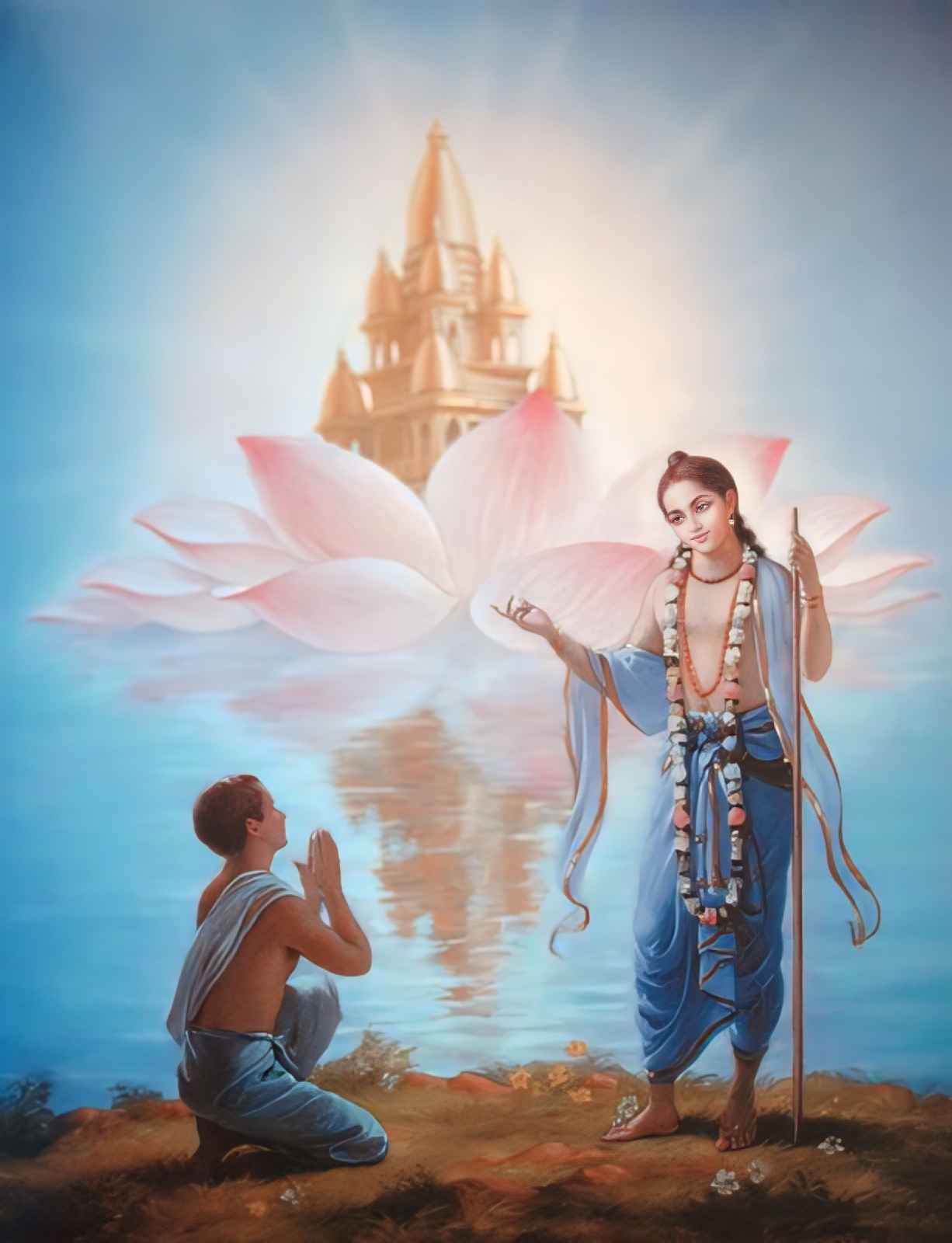Jhulan Yatra
Jhulan Yatra is one of the most important festivals celebrated in the monsoon month of Shravan (Raini season between July - August). After Holi and Janmashthami, it is the biggest and most popular religious occasion known for its spectacular display of decorated swings, song, and dance, Jhulan is a joyful festival celebrating the Radha Krishna love coupled with the romantic fervor of the rainy season.
ORIGIN OF THE JHULAN YATRA FESTIVAL
Jhulan Yatra has been inspired from the swing pastimes of Krishna and his consort Radha during their fabled romance in the idyllic pastoral groves of Vrindavan, where the divine lovers along with their cowherd friends and 'gopis' took part in joyful swinging in the cool monsoon season.
Jhulan Yatra has its origins in the major Krishna legends and literature such as the Bhagavata Purana, the Harivamsa, and the Gita Govinda, and the metaphor of the swing of the monsoon or 'Sawan Ke Jhuley' have since been used by poets and songwriters to describe the romantic feeling that permeates the rainy season in the Indian subcontinent.
The popular Krishna literature Hari Bhakti Vilasa (Performance of Devotion to Hari or Krishna) mentions Jhulan Yatra as part of the various festivals dedicated to Krishna. "The devotees serve the Lord during the summer by placing Him on the boat, taking Him out on a procession, applying sandalwood on His body, fanning Him with Chamara, decorating Him with jeweled necklaces, offering Him palatable foodstuffs, and bringing Him out to swing Him in the pleasant moonlight."
Another work Ananda Vrindavana Champu describes the swing festival as "the perfect object of meditation for those desiring a taste of devotion."
Website: www.bit.ly/srisrinarottamgaudiyamath









